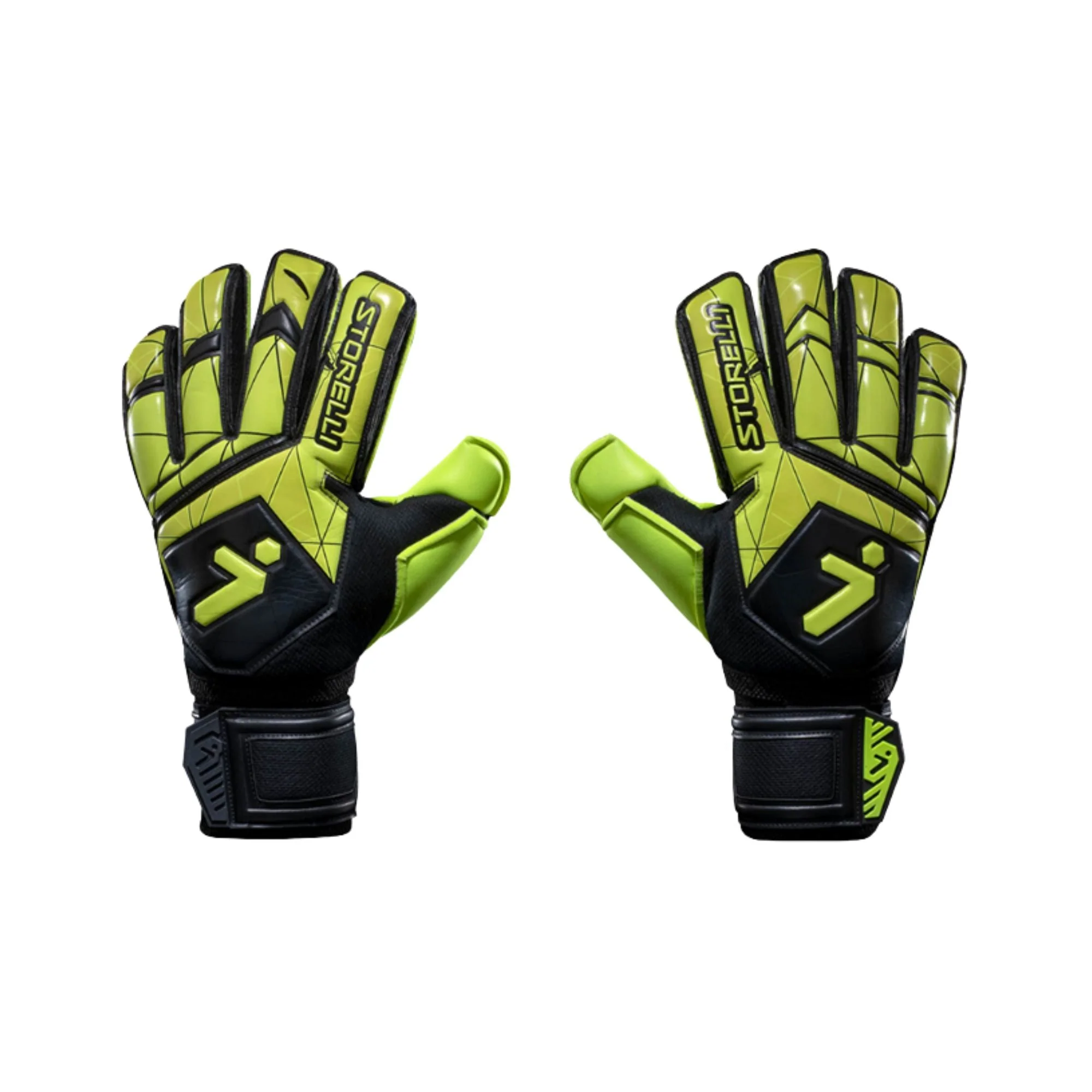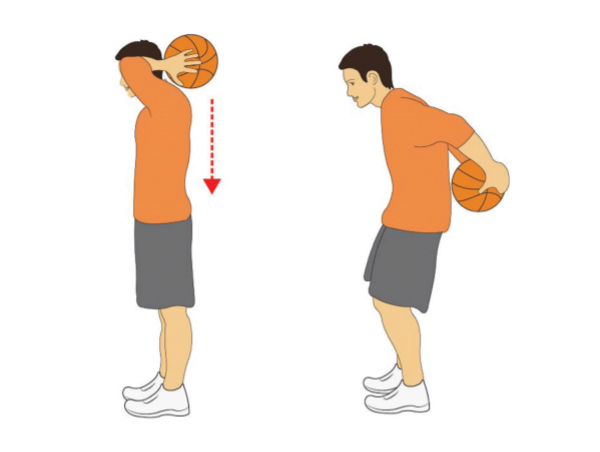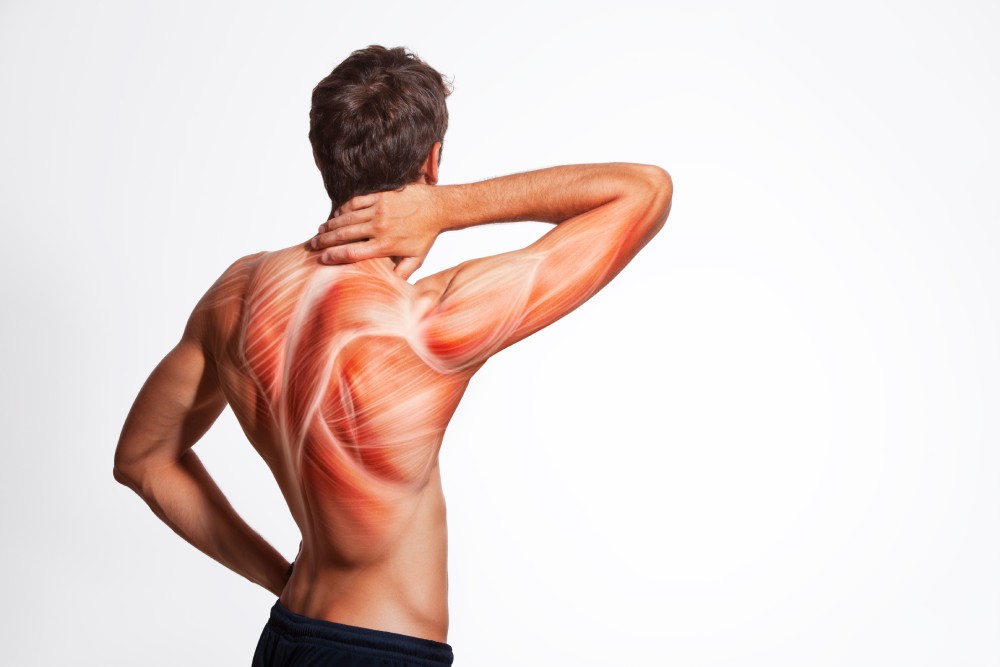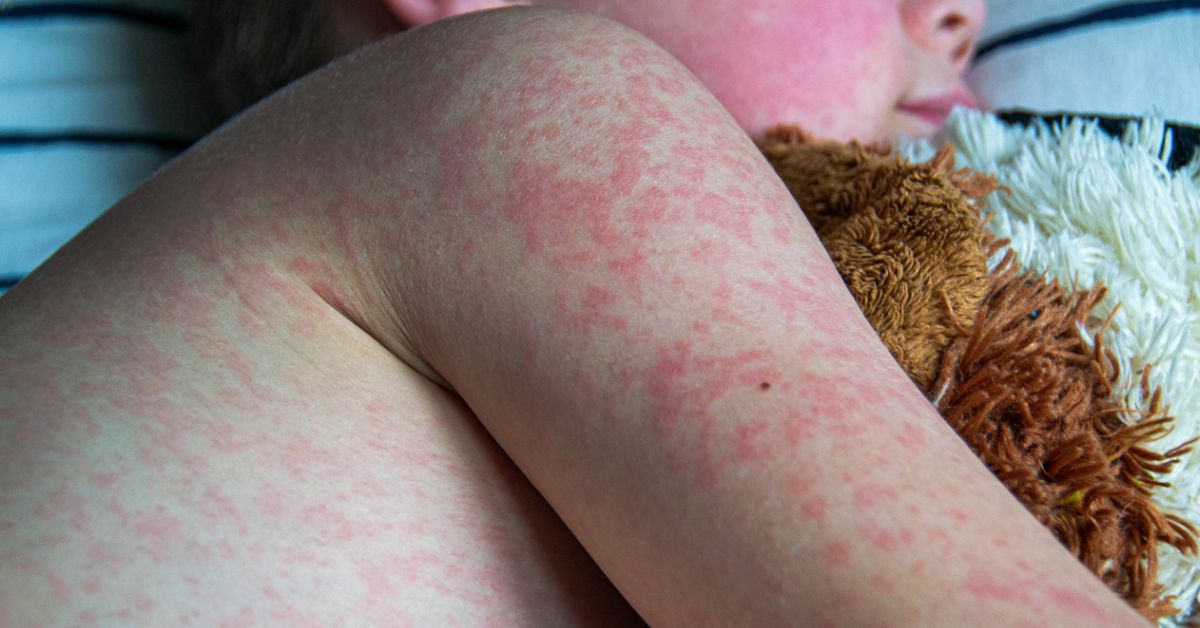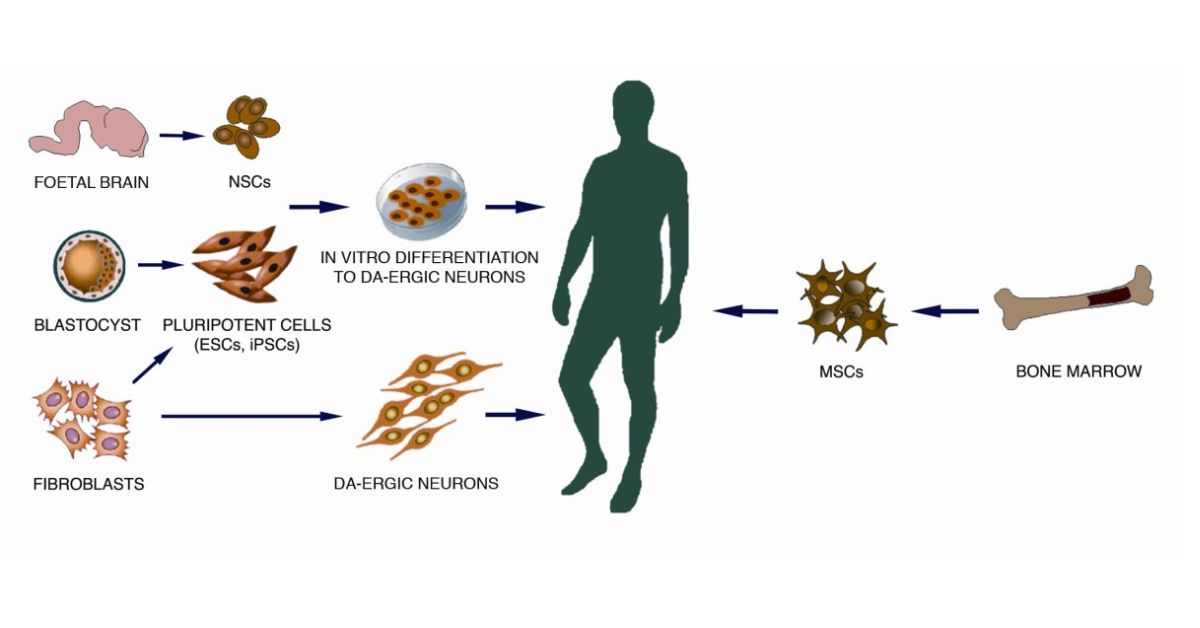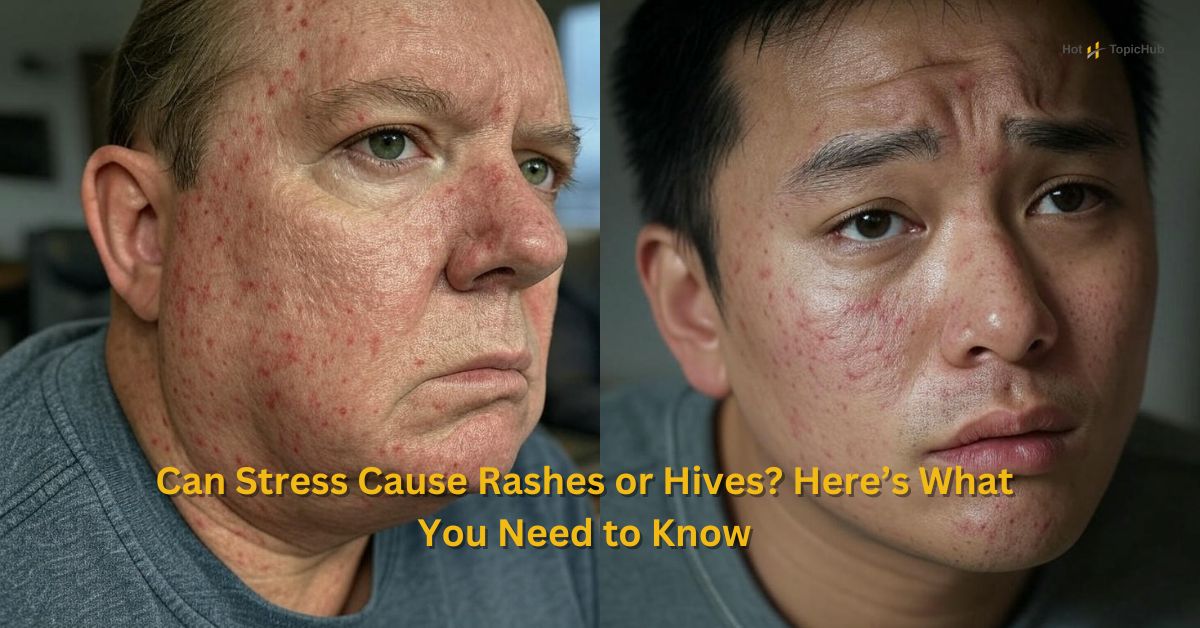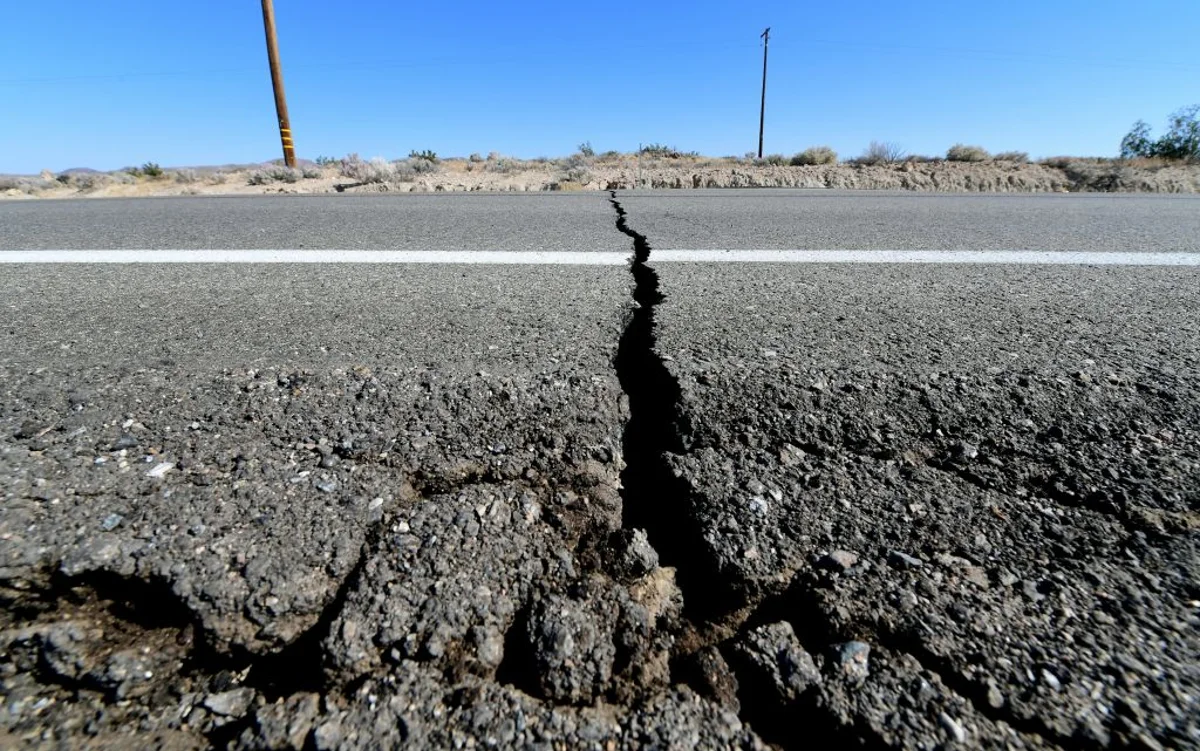Stress is something we all encounter at some point. But can too much stress show up on your skin? If you’ve ever noticed mysterious red patches, itching, or even raised welts after an especially stressful day, you might be experiencing stress-induced rashes or hives.
Understanding how your mental health affects your physical health is key to managing these types of reactions. This guide will explore the connection between stress and your skin, explain how stress rashes occur, and provide actionable tips to prevent and treat them effectively.
The Mind-Body Connection
Your skin is often referred to as the body’s largest organ. It’s also one of the most reactive to your emotional state. Stress triggers physiological changes—including a surge of hormones like cortisol and adrenaline—that affect not just your internal systems, but your skin, too. This mind-body connection means stressful situations often manifest physically, and unfortunately, our skin tends to take much of the brunt.
What Are Stress Rashes and Hives?
What Is a Stress Rash?
A stress rash typically appears as red, itchy patches that can show up anywhere on the body. These patches may sometimes develop into hives.
What Are Hives?
Hives, also known as urticaria, are swollen, raised welts on the skin. They may vary in size and can occur individually or in clusters. Unlike a general rash, hives are more reactive and may worsen with scratching or additional stress.
How Does Stress Trigger Skin Reactions?
Stress activates your body’s fight-or-flight response, releasing hormones like cortisol and adrenaline. These disrupt the balance in your immune system, triggering an inflammatory response. When your immune system overreacts, your skin may develop rashes or hives as a result.
How Does Stress Affect Your Skin?

The Role of Cortisol and Adrenaline
When you’re stressed, your adrenal glands flood the body with cortisol and adrenaline. High cortisol levels increase oil production in your skin, which can lead to clogged pores, acne, and more severe inflammatory issues like rashes.
Weakening the Immune System
Chronic stress suppresses the immune system, making your skin more susceptible to irritants and allergens. A diminished immune response means your skin struggles to defend itself, increasing the likelihood of a stress-triggered reaction.
Impact on Inflammation and Skin Sensitivity
Stress heightens your body’s inflammatory response, making existing skin conditions like eczema or psoriasis worse. It also increases overall skin sensitivity, meaning otherwise harmless substances can cause irritation during times of stress.
Symptoms of Stress-Induced Rashes and Hives
What Do Stress Rashes Look Like?
Stress-induced rashes typically appear as small, red, flat or raised patches on the skin. Hives, on the other hand, are characterized by raised, swollen welts that may feel warm to the touch.
Common Locations on the Body
Stress rashes can develop anywhere but are often found on the face, neck, chest, and arms. Hives may appear anywhere on the body and can shift in location over time.
Duration and Severity
Symptoms may last anywhere from a few hours to several days. Chronic stress can prolong these flare-ups, turning a short-term issue into a long-term skin battle.
What Causes Stress-Related Skin Reactions?
- Hormonal Fluctuations
Stress triggers hormonal imbalances that increase inflammation and sensitivity in the skin.
- Weakened Immune Response
Under stress, your immune defenses drop, making your skin a vulnerable target for irritants.
- Increased Skin Sensitivity
Your heightened inflammatory response and reduced resilience make your skin more reactive than usual.
Who Is More Prone to Stress Rashes?
- Individuals with Existing Skin Conditions
Those with eczema, psoriasis, or rosacea are more susceptible to stress-induced flare-ups.
- People with High-Stress Lifestyles
If you’re juggling a stressful career, caregiving responsibilities, or other challenges, your skin is more likely to react negatively.
- Those with Allergies
Individuals prone to environmental allergies or food sensitivities may experience overlapping symptoms, with stress as an added trigger.
How to Identify a Stress Rash vs. Other Skin Issues

Allergic Reactions
Stress rashes are not caused by allergens, but they can resemble allergic reactions. Allergic rashes are often localized to the area of contact, while stress rashes tend to follow no specific pattern.
Heat Rash or Fungal Infections
Heat rashes result from trapped sweat and are common in hotter climates, while fungal infections typically occur in damp areas like the feet or groin. Stress rashes or hives are distinct because they’re linked to emotional stressors rather than external causes.
When to See a Doctor
Consult a healthcare provider if your rash persists for more than a week, worsens over time, or is accompanied by other concerning symptoms like fever or difficulty breathing.
How Long Do Stress Rashes and Hives Last?
Stress rashes often resolve within a few hours or days once the stress triggers subside. However, chronic stress or mismanagement could lead to recurrent or persistent rashes, lasting weeks or longer.
Are Stress Rashes Contagious?
No, stress rashes and hives are not contagious. Unlike skin infections caused by bacteria or viruses, stress-related rashes arise entirely from your body’s internal stress responses.
How to Treat Stress Rashes and Hives at Home
Skincare Tips
- Keep your skin hydrated and cool to soothe irritation.
- Use mild, fragrance-free moisturizers to avoid further irritation.
- Avoid scratching to prevent worsening symptoms.
Natural Remedies
- Apply aloe vera gel to soothe itching and inflammation.
- Take oatmeal baths for relief from itching and to reduce redness.
- Use coconut oil to moisturize and support skin recovery.
Medical Treatments for Stress Rashes
- Antihistamines are effective in reducing itching and swelling.
- Topical creams, such as hydrocortisone, can help alleviate inflammation.
- For severe cases, consult a doctor for prescription treatments or allergist-recommended care.
How to Prevent Stress Rashes and Hives
Stress Management Techniques
- Practice meditation or deep breathing exercises to lower cortisol levels.
- Engage in regular exercise, such as yoga, to reduce stress.
- Ensure healthy sleep habits to prioritize relaxation and recovery.
Dietary Changes for Healthier Skin
- Incorporate anti-inflammatory foods like fatty fish, leafy greens, and nuts.
- Stay hydrated to maintain optimal skin health.
- Avoid stress triggers such as caffeine and excessive processed foods.
When Should You See a Doctor?

If stress rashes occur frequently, worsen with time, or interfere with daily life, consult a dermatologist or allergist. Chronic symptoms or additional complications, such as difficulty breathing, require immediate medical attention.
Prioritize Your Skin and Your Stress
Your skin often reflects what’s happening inside your body. While stress rashes and hives can be a frustrating experience, understanding the causes and taking proactive measures can help you keep them under control.
By managing stress through lifestyle adjustments, skincare, and expert advice, you can protect your skin and overall well-being. Need extra guidance? Reach out to a dermatologist or stress-management coach to tailor solutions specifically for you.
Expert Advice From Dermatologists
Dr. Sarah Jensen, a board-certified dermatologist, emphasizes the importance of identifying stress triggers and addressing them promptly. “Stress can exacerbate various skin conditions like eczema, psoriasis, and acne. Incorporating mindfulness practices and a consistent skincare routine can make a significant difference,” she explains.
Dr. Michael Rivera, another renowned expert in dermatology, recommends the use of soothing, fragrance-free moisturizers to calm irritated skin caused by stress. “Additionally, products containing ingredients like ceramides and hyaluronic acid can help rebuild the skin’s protective barrier, providing relief,” Dr. Rivera advises.
For chronic or severe cases, dermatologists often recommend a personalized treatment plan, which may include prescription medications or advanced therapies to effectively manage both stress-related skin conditions and their underlying causes.
FAQs
Can stress rashes appear suddenly?
Yes, stress rashes can appear without warning, often during or shortly after a stressful event.
Do stress rashes itch?
Yes, they are usually accompanied by itching, which can worsen with scratching.
Can anxiety cause rashes without physical stress?
Yes, emotional stress and anxiety alone can trigger rashes through hormonal imbalances and inflammatory responses.
Will a stress rash go away on its own?
Most stress rashes subside on their own once the trigger is managed, but severe or chronic cases may require treatment.
Can stress make existing skin conditions worse?
Absolutely. Stress is a known trigger for conditions like eczema, psoriasis, and rosacea, often causing flare-ups or worsening symptoms.

Dominic O. McCoy is a passionate writer who loves crafting engaging and informative blogs on a wide range of topics. With a deep curiosity and a knack for storytelling, he explores everything from lifestyle and technology to business and home improvement. Whether breaking down complex ideas or sharing practical tips, McCoy aims to deliver valuable content that resonates with readers. When he’s not writing, he enjoys learning about new trends and expanding his knowledge to bring fresh perspectives to his work.


